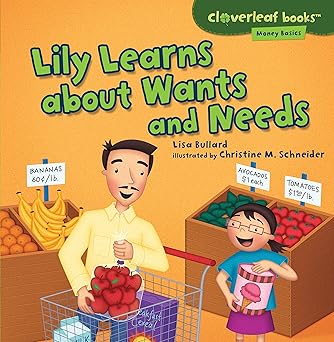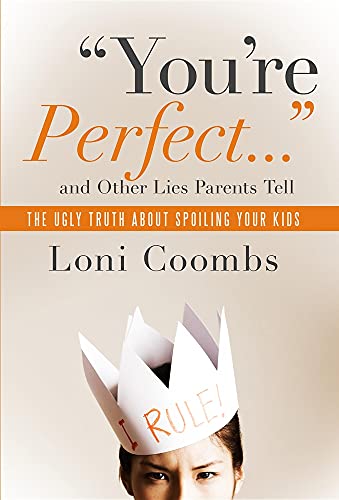In the realm of parenting, striking a balance between showering our children with love and ensuring they grow into responsible, appreciative individuals can be quite the challenge. The line between nurturing and spoiling can sometimes blur, leaving us wondering how best to instill values of gratitude, empathy, and self-awareness in our kids. Fortunately, simple yet powerful tools exist to help us navigate this delicate path. In this blog post, I'm going to share five impactful phrases that I have personally found instrumental in preventing the spoiling of my own children. These phrases not only serve as gentle reminders but also act as catalysts for meaningful conversations that shape their perspective on life, possessions, and the world around them. So, let's dive into these essential verbal cues that have transformed my parenting journey and might just do the same for you.
There are a lot of resources out there on spoiling kids. Here is a link to a lot of them that you can check out.
As an
1. I'm in charge.
Yes, this is a hard one to do. It feels weird to say and we don't like to hear it. Nobody likes to have those words spoken to them from baby to elder. Especially in today's society, this phrase is looked down upon. HOWEVER, despite the taboo of saying it, it is a reality that we must face. No matter where you go, there will ALWAYS be someone who is in charge or have authority over your actions. You can hide in the middle of the
By teaching this harsh reality to our kids now, we are encouraging a couple of different views.
- That the world doesn't revolve around you.
- You need to be aware of the rules wherever you go.
- Taking and being bossy are not the actions I should take no matter the situation.
- There are consequences when I break the rules of the person in charge.
Here is a book that might help with taking charge in this way.
2. Thank You
I know this may seem like common sense, but you'd be surprised how few parents realize that by YOU saying it, you're preventing your kids from becoming spoiled brats! Saying thank you when our kids do something for us, or when they do good behavior, is not only positive reinforcement, but it is modeling gratitude. Our kids love to imitate us, so when we make a big deal out of thanking them or someone else, they will want to do the same.
3. I know you don't want to, but you need to.
This is an important one that adults have trouble with. Knowing the difference between want and need has an impact on financials, health, and relationships. This phrase also acknowledges your child's feelings at the moment. Sometimes I'll throw in an example of something I want but don't need. Your child might not understand these phrases immediately, but by saying these things now, you are creating a foundation of responsibility for their actions.
Here is a book that can start a conversation about wants versus needs.
4. I'm not asking. I'm telling you.
This phrase reinforces the “I'm in charge” phrase. Letting your kids know that what you are saying isn't something that is debatable encourages obedience. They can ask WHY all they want, as long as they understand they are still required to complete the action regardless of the answer. When I say this with my kids, it changes the whole conversation. It is no longer, “But I don't want to” or “It's not my chore.” Yes, my children will still continue whining and start asking why or asking if they can do it later, but at least now they understand and have accepted that they will do what I tell them to do eventually.
5. Does God want this?
This helps them to consider their actions and desires in a broader moral and ethical context. It encourages them to reflect on whether their choices align with Christian values such as compassion, gratitude, and empathy. To help your child answer this question, you can open the bible and tell stories or verses that would provide an answer. By introducing this perspective, you are helping your child develop a sense of responsibility and a deeper understanding of their actions' impact on their relationship with God and the world around them. This practice fosters humility and encourages them to prioritize values over material possessions, making them less likely to develop a sense of entitlement or excessive desire for material things. Plus, it makes a good practice of turning to the Bible in every situation.
The rod and reproof give wisdom,
Proverbs 29:15 (ESV)
but a child left to himself brings shame to his mother.
Here are a few resources you can read that might help you in your endeavor to not spoil your children.
I know my methods are not a good fit for every family. This is just what works for me and I hope it might work for yall too! If there is any way I can pray for you and your family, feel free to email me!









